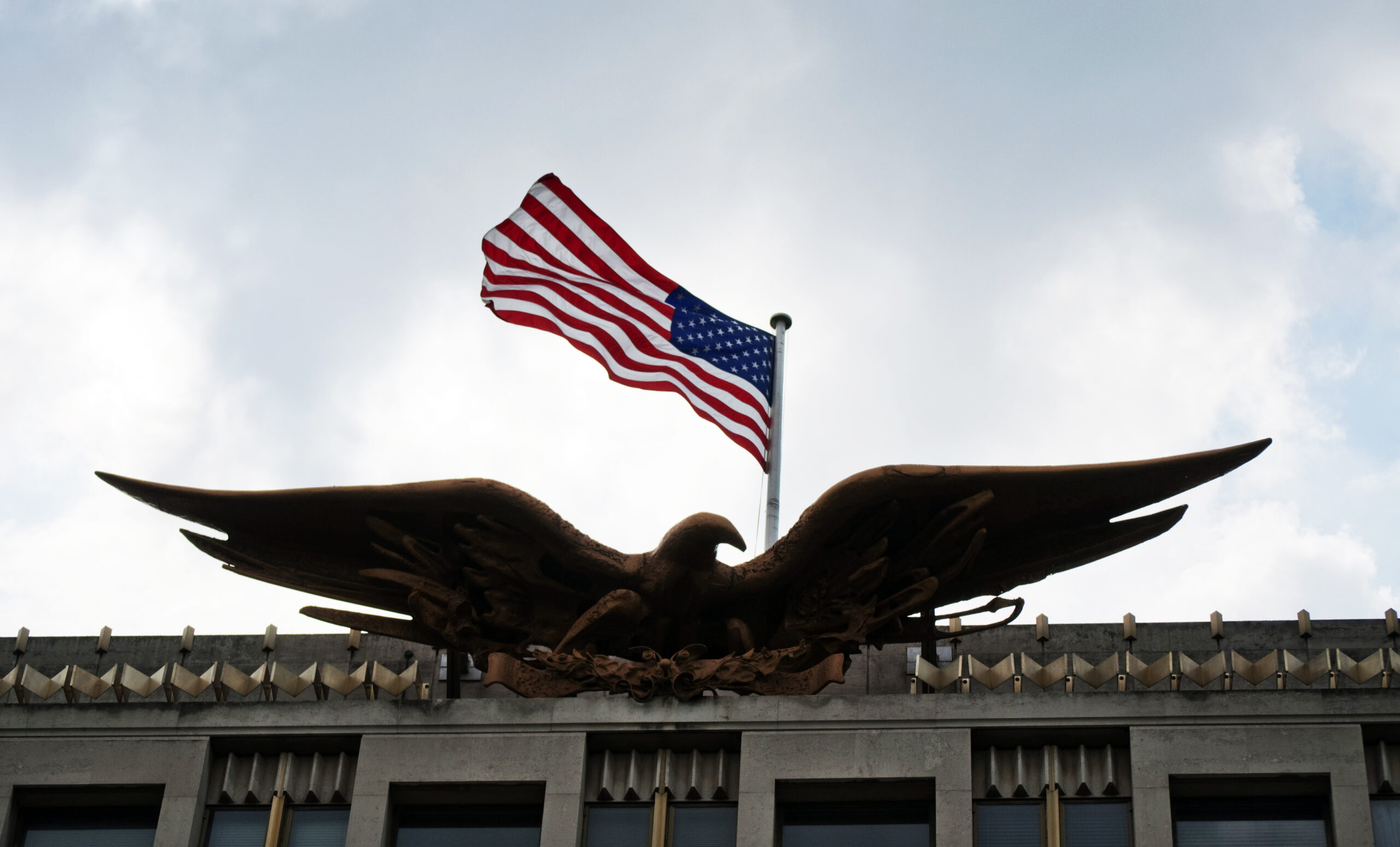Does the United States really fear China’s military overtaking?

Concerned statements by the US military are multiplying about China's progress in space and missiles. Is overtaking really imminent or is it a tactic? The in-depth analysis by Marco Dell'Aguzzo
In a recent article for the Washington Post , analyst Josh Rogin reported some statements by American General David Thompson, Deputy Chief of Space Operations for the Space Force, the branch of the armed forces dedicated to the garrison of space created by Donald Trump in late 2019.
THE SHADOW-WAR IN SPACE
In that article, Thompson describes a sort of continuing shadow warfare by China and Russia against the United States in space. "Every single day", explains the general, Moscow and Beijing attack and disturb American satellites using lasers and jammers (to disrupt communications) or by launching cyberattacks. They are all "reversible" attacks, that is, they do not leave permanent damage to the devices: they are not therefore maneuvers that can be classified as war attacks, but they are not mere harassment either.
WILL CHINA OVERTAKE THE UNITED STATES IN SPACE?
Thompson argues that the Chinese are "far ahead" of the Russians in space capabilities. So far ahead that in a few years they could even overtake the United States in a few years. The general tells Rogin that Beijing is putting satellites into orbit at twice the rate of America's. "We are still the best in the world", he reassures, "but we should be worried by the end of this decade if we don't adapt."
BECAUSE THE SPACE IS STRATEGIC
Space is a domain of competition between the powers of great strategic value. It is important for the competitiveness and economy of nations: connectivity, logistics management and agricultural innovation services ( precision farming ) depart from orbit, without considering the nascent tourism sector.
Space is rich in resources to claim: rocks can contain useful metals; ices mean water, and therefore hydrogen and oxygen (for fuels and extra-terrestrial respiration).
Space is crucial for security: satellites make it possible to monitor critical infrastructures and observe the moves of opposing governments; then travel through the orbit those hypersonic missiles that invalidate the traditional anti-aircraft defenses.
THE NEW "SPUTNIK MOMENT"
Speaking of hypersonic missiles – which China and Russia, like the United States, are developing -, also in this case the American military is showing great concern for Chinese progress: this summer Beijing carried out two different tests of hypersonic weapons , taking care to make them clearly visible to the eyes of the Washington satellites.
A few weeks ago, American general Mark Milley, chief of the joint staff, said he believed that, after the latest Chinese hypersonic experiments, the United States is "very close" to the "Sputnik moment": that is, that moment in which it takes awareness of being left behind in military development and, therefore, in danger.
With that term, Milley went to evoke a precise and crucial period of the Cold War, when in 1957 the Soviet Union – then Washington's global competitor – launched the Sputnik satellite and America feared losing the space race. From that moment on, efforts increased and economic funding for the space program as well: in July 1969, American astronauts placed their feet on the moon and the United States ended up winning both the space race and the Cold War.
THE SENSE OF THE RETORIC OF THE PASS
China is not the USSR, nor can today's competition be considered a new Cold War. But the reference to those times and to those feelings of fear and inferiority is functional to Milley. While China's global ambitions and military advances are undeniable, the general does not necessarily think that American leadership is in danger of disappearing overnight.
Regardless of the truthfulness, in fact, his rhetoric is functional: it serves to ignite the attention of domestic public opinion, to convince politics to allocate more resources to defense, to convince Washington's allies around the world to take sides against Beijing.
It is not clear who, between America and China, is more advanced in hypersonic abilities. Also because technologies of this type are not all the same: there are glide vehicles but also air-breathing systems, more efficient in very high speed flights. The tests , therefore, are not always comparable.
THOMPSON LIKE MILLEY?
It is also unclear whether China is really that close to America in space. Thompson's phrases, for their setting and alarmist tone, are reminiscent of those of Milley.
THE RACE AT THE SHIPYARDS
In a report presented to Congress, the Defense Department noted that China is the country that produces the most ships based on their tonnage. The warning, this time, concerns another crucial domain in the competition between the two powers: the maritime one. Also in this case, the alarm of the military apparatuses on the imminent and presumed loss of naval supremacy (which goes beyond the mere number of ships owned) serves to obtain more funds for shipbuilding.
A bipartisan group of lawmakers has in effect proposed a $ 25 billion package, called the SHIPYARD Act, to upgrade US shipyards, both private and public.
This is a machine translation from Italian language of a post published on Start Magazine at the URL https://www.startmag.it/mondo/stati-uniti-cina-sorpasso-militare/ on Sun, 05 Dec 2021 07:22:40 +0000.
